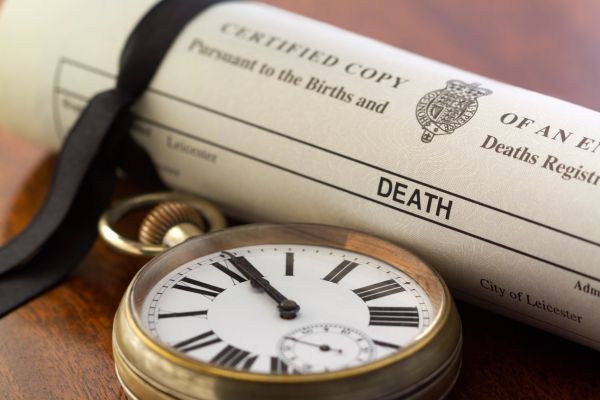Chapter 13 bankruptcy allows for you to keep your property and pay off your debts over a three- to five-year period.
You can create a repayment plan so you can use your income to slowly eliminate your debts. Reorganization bankruptcy is Chapter 13. You pay your debts over time, but keep your assets.
Must Read: https://www.happylifelaw.com/bankruptcy-reorganization/
There are many options for bankruptcy. It is in your best interests to determine which bankruptcy would be the right fit for you.
Determine if Chapter 13 is right for you
To decide if Chapter 13 bankruptcy is right for you, learn the details. Before you decide to file Chapter 13 bankruptcy, consider other options such as payment deferments and Chapter 7 bankruptcy.
Calculate your Debt
Chapter 13 bankruptcy law requires that you follow a payment schedule. The court can declare you ineligible if your total debt is excessive.
Never Miss: https://www.valueslaw.com/bankruptcy-exemptions/
Compare your income to the Chapter 13 payment obligations. The court won’t allow you to proceed if you don’t have enough income to pay your repayment plan requirements.
Calculate the total value of your property
This will allow you to determine the exempt property of your property, which will be factored into your Chapter 13 payment plan.
Completion of your Chapter 13 Bankruptcy Law Paperwork
Once you have decided whether you are eligible, all financial information must be provided on the appropriate forms. Then you can create your repayment plan.
Fill out your forms
After you have filed your Chapter 13 bankruptcy forms you will need to file them and plan the process with the court.
Also Read: https://www.lawsuccess.us/bankruptcy-law/
Meet with the Trustee
You must meet with the trustee within a few hours of filing. They will review your plan and paperwork. This meeting may be attended by creditors who might ask questions and negotiate terms for your repayment plan.
Participate in a Confirmation Hearing
You will be called for a confirmation hearing shortly after your meeting with the trustee. The bankruptcy judge will decide whether or not to confirm your plan. This hearing is where creditors may raise objections to your plan and the judge will rule on them.
Pay your bills according to the rules
You must make payment arrangements according to your repayment plan within 30 days of the confirmation ruling. If you have any questions, be prepared to go back to court.
Make sure you pay your bills on time. Your case will be dismissed if you continue to miss your payments.
Receive Your Bankruptcy Discharge
After you have completed your repayment plan and made all payments successfully, your bankruptcy discharge will be granted. This discharge is what you’ve been waiting for. It will relieve you from all unsecured debts that you had listed in your plan.
Most Popular: https://www.lawlifetime.com/exempt-or-non-exempt-property/
- You are done as long as you have paid all the promised payments.
- For guidance and questions, consult a bankruptcy attorney.


